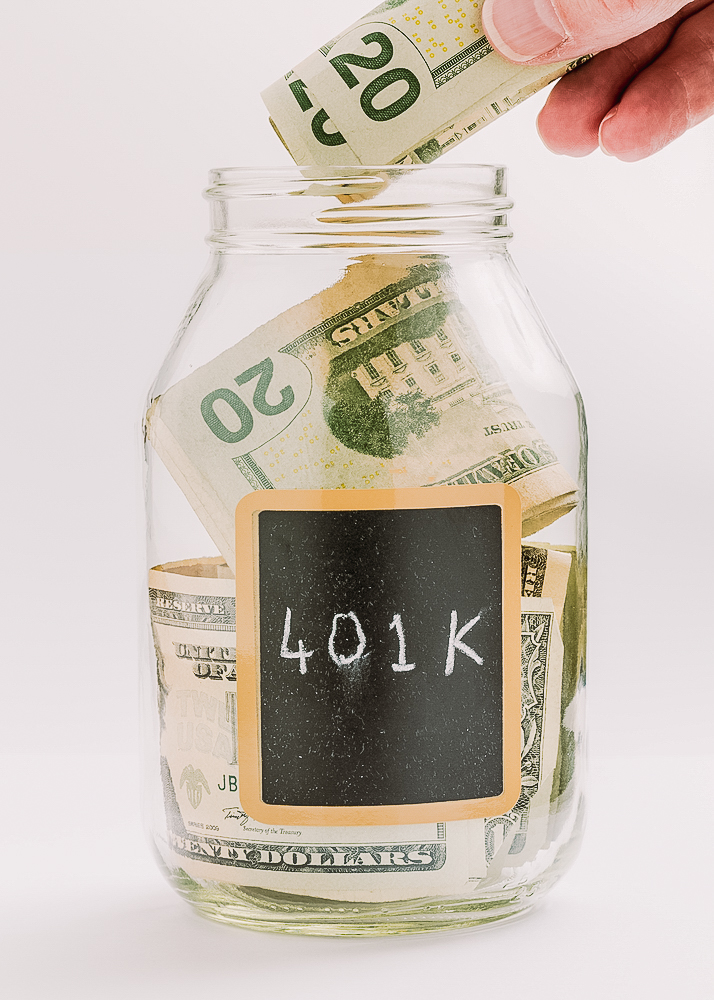What Happens If I Don’t Pay My 401(k) Loan?
Taking a loan from your 401(k) can seem like an easy solution. You’re borrowing from yourself, after all. But what if you can’t pay it back? Whether you missed a few payments or left your job with a balance still due, it’s important to understand the consequences.
Here’s what you need to know if you’re falling behind (or thinking about skipping) your 401(k) loan payments.
First, a Quick Refresher on 401(k) Loans
A 401(k) loan allows you to borrow from your retirement savings, typically up to 50% of your vested balance or $50,000, whichever is less. You repay it (plus interest) over time, usually through automatic payroll deductions.
What Happens If You Stop Paying?
1. Your Loan Goes Into Default
If you stop making payments, your 401(k) loan can go into default. This doesn’t mean a hit to your credit score (since the loan isn’t reported to credit bureaus), but the financial impact is still very real.
2. The Outstanding Balance Becomes a Distribution
Once the loan is in default, the outstanding balance is treated as a distribution. This means the IRS considers it a withdrawal from your retirement account.
3. You’ll Owe Income Taxes
Because it’s now a distribution, the amount you failed to repay is considered taxable income. You’ll owe federal (and possibly state) income taxes on the balance.
4. You May Owe a 10% Early Withdrawal Penalty
If you’re under age 59½, you’ll likely face a 10% early withdrawal penalty in addition to regular taxes.
What If You Leave Your Job?
This is where many 401(k) loans run into trouble. If you leave your employer (voluntarily or not) and still owe on your loan:
- You must repay the full outstanding loan balance
- If you don’t repay it in time, it’s considered a distribution and taxed accordingly.
How to Avoid Defaulting
- Stick to payroll deductions and don’t miss payments
- Communicate early if you’re changing jobs or facing financial hardship
- Review your loan terms and repayment schedule regularly (refer to your Amortization Schedule)
- Consider alternatives before borrowing from your retirement
Failing to repay a 401(k) loan may not hurt your credit, but it can hurt your financial future through taxes, penalties, and lost retirement growth.
If you’re worried about your ability to repay, or navigating a job change, talk to a retirement plan expert before making your next move.
Because your retirement should grow – not shrink – from today’s decisions.







